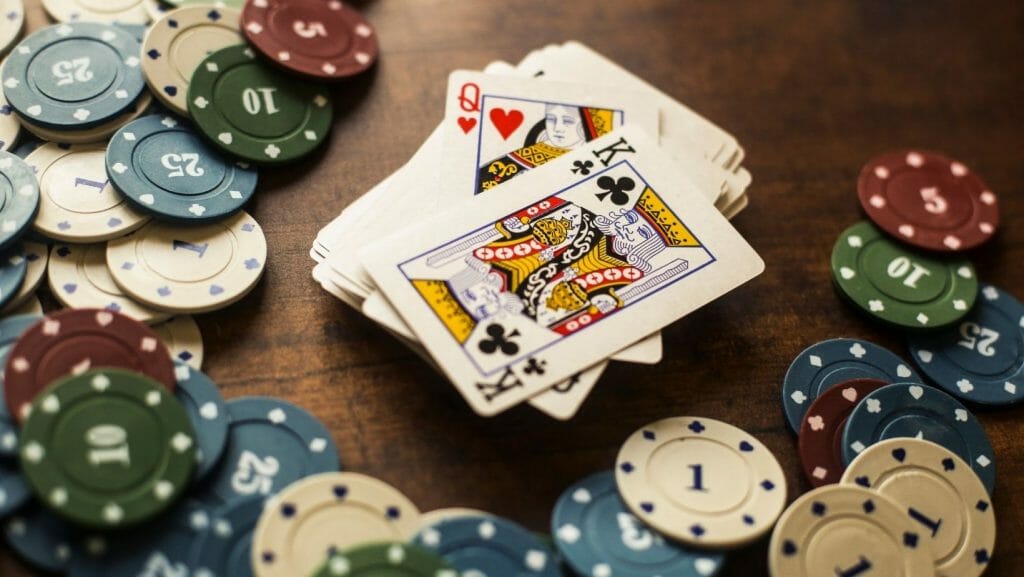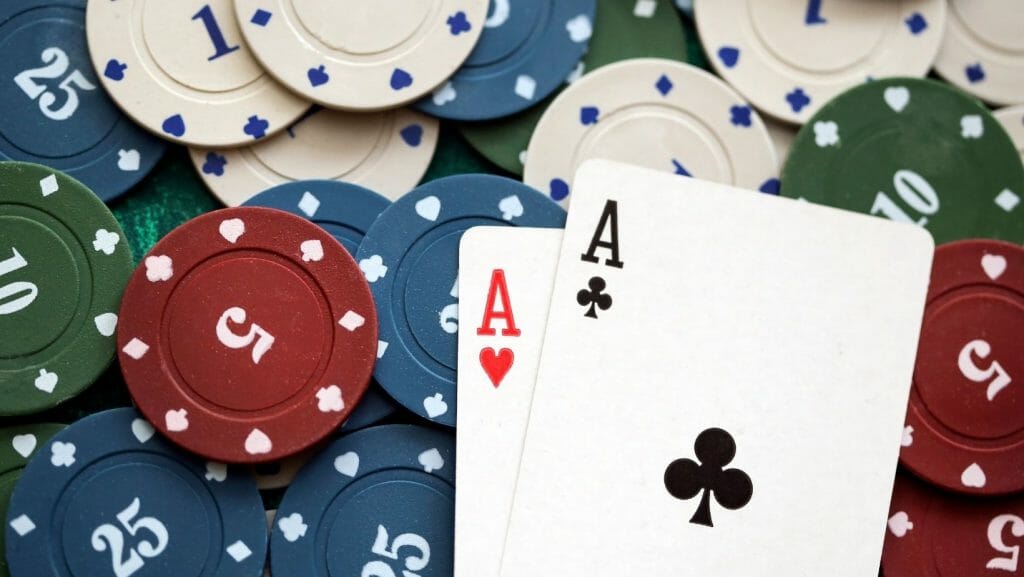Gambling is a type of game in which the possibility of winning depends largely on luck and not on the skill of the players themselves. Their study is devoted to a large number of works on psychology. Dice is the oldest gambling game, and card games became widespread in the 15th century. Psychologists have proven that many people develop a psychological dependence on gambling; it is called gambling addiction. There is the wide availability of gambling, despite their legal restrictions in many countries, which has led to the fact that you can learn how to play in a casino without leaving your home – via the Internet.
What Most People Think About Gambling
The modern attitude of psychologists towards gambling is mostly negative. Gambling addiction is recognized by psychologists as a psychological disease that requires the help of specialists. There are different types of gamblers:
- The first of them includes social gamblers; they do not have psychological dependence. For them, the game is simple entertainment; if necessary, they can control their gaming activity.
- The second group includes regular gamblers; for them, the game is an integral part of life, but such players are still able to control themselves. For them, gambling doesn’t seem to have any negative consequences.
- The next category includes problem gamblers, who consider the game an additional job or source of income. Such players may put their passion first at the expense of other interests and needs and spend money on it that was intended for other purposes. Problematic players can moderate their interest in gambling for a while.
Pathological gambling refers to psychological diseases in the Diagnostic Manual for Mental Disorders DSM-IV, used in the USA. This addiction implies a loss of control over the game. On the one hand, getting into gambling can be quite expensive to start with. On the other hand, it does offer some benefits like raising self-confidence and reducing anxiety for those enjoying it.

Gambling in Games
The word “game” comes from the Latin word “iocus,” which means joke. Games can be created for many reasons, but their immediate purpose should always be entertainment. However, while they’re great for relieving stress, games have other benefits as well. They can help you develop your intellect, motor skills, and social abilities.
Mammals and animals are both capable of learning forms of socialization by practicing the game. They also acquire survival skills that enable them to thrive in their habitat.
For example, cats are able to learn from a young age how to hunt. Likewise, when dogs play biting games with each other, then they learn about how to socialize with one another and defend themselves.
It’s the same thing with humans. When children play games with rules, they learn to negotiate and reach consensus, which is similar to how games in the adult world work. They provide entertainment as well as fulfill their function. What distinguishes them, then, from other forms of education and cognitive development?
Games are meant to be enjoyable and entertaining because humans literally can’t survive on just being rational about everything. They provide a time for mental rest, a chance for new routines, and the opportunity for different types of processes such as reflexes. Many people enjoy gambling because it brings new life to games – for example, it can make the game more exciting. In addition, the basic principle of games is not aimed at theoretical and original learning but at developing skills through practice. For example, you can focus on the improvement of skills by playing games such as speed and wordplay. Therefore, the game is extremely important in all phases of life.
Types of Games
There are many types of games according to their function (social, collaborative, fun, competitive, educational), skills required (verbal, numerical, physical games, etc.), or means (boards, toys, dice, cards, pieces, screens). Gambling can be infused into all types of games. Many times, it can also happen that a game brings together characteristics of different types, which makes its classification complex. However, in general terms, there are some types of games that can be indicated.

Popular Games
These are the games that are commonly practiced in childhood. The rules of these games are usually agreed upon by the participants before starting. It can include an object or simply refer to practical activity. For example, non-competitive ball games, rim wheels, hide and seek, tag games, etc.
Table Games
A board game is defined as any game played with a board and designated pieces. Games generally have a specific goal with set rules and may take on any strategy or genre. Some of these games may depend on strategies, such as Risk, checkers, dominoes, or chess, while others depend on luck, such as ludo.
Sports Games
They’re games where players compete physically. For example, there are running competitions and basketball games. For some game theory scholars, sports should be distinguished from common games because their purpose is the competition itself and not entertainment.
Role-Playing Games
They’re similar to ‘role play games where a player assumes the identity and role of certain characters. Normally, in these games, the players build up a story as they go along.
Video Games
They are all the games that are supported by visual resources such as TV screens, computer screens, and game consoles, whether stationary or portable. The first personal computers came with this type of gaming. Later, consoles like Atari, Gameboy, Nintendo, and Sega arrived. Just to name a few: Nintendo Wii and PlayStation soon followed.
Why Games Are Important
There is also a special variation of games, which types are indicated according to the additional benefits they have for people. Now, let’s see closer what these types are.
Games to Exercise the Mind
These are all games that can stimulate spatial, numerical, and verbal intellectual abilities. Popular examples include Sudoku, crossword puzzles, and word searches. These types of games require pencil and paper and are often called hobbies.
Games of Chance and Probability
Games of chance or probability are those in which the probability of winning depends largely on luck. Bets are made around this type of game, the prize of which will strictly depend on statistical probability. Casino games are usually practiced in casinos, but also privately. Among the games of chance, we can mention cards, bingo, lottery, pools.
The best and the most popular type of games of chance is free slots no download. They are usually loved that much because of the huge variety of choices, cool and modern graphics with sound effects, and the option to be played just online without even the need of registration on the website and downloading any app.
Educational Games
These games are made for an educational experience and are usually used in a classroom setting. They can teach anything from general values to abstract concepts- all in an easy way for you to understand.
Traditional Games
This expression is used to refer to all those games inherited through historical tradition, and that is cultivated and protected as cultural heritage. Examples will depend on countries and regions.
Pros and Cons of Gambling
In most regions, casinos outside the gambling zones have long been banned. However, everyone knows perfectly well what gambling is. Gamblers are all about the money, so it’s best to explore both the pros and cons of gambling first.
| Feature | The Advantages of Gambling | The Disadvantages of Gambling |
| Outcome | Winnings. Yes, it was written above about spending, but this does not negate the fact that you still have a chance to win. It is the thirst for big money that attracts players so much. | Spending. Know that the casino never loses. Do not count on your luck, it will be difficult to remain a winner. Of course, you can win by playing against other players, for example, poker, but you need to understand that it is impossible to win indefinitely. |
| Influence | Adrenaline. The main thing for which everything was started is what all people need. During a game of chance, all our senses are aggravated, emotions are heated to the limit. If you do not like extreme sports, then gambling is a good way to get an extra dose of adrenaline. | Dependence. It has long been known that gambling can be psychologically addictive, and these are not primitive excuses for players to continue gambling.A person enslaved by the influence of games must be treated if he lacks his willpower. |
| Relationships | Gambling helps lonely people to become social. First, with the help of the Internet, people go to the forums and chats and then visit some general gambling meetings, communicate and play with each other. | If the person becomes addicted, he or she doesn’t even mention how his/her relationships are ruining. Many people break up or divorce because of gambling addiction. |
Conclusion
It is difficult to say if it is always a good idea to take up gambling as a hobby. This hobby has its advantages and disadvantages, so everyone is free to make his own choice. It is not recommended to gamble for those who may consider themselves addictive people. The main about gambling is the ability to stop at any time. But if you are not an addictive person and you may stop at any time, the whole gambling world opens its doors in front of you.


